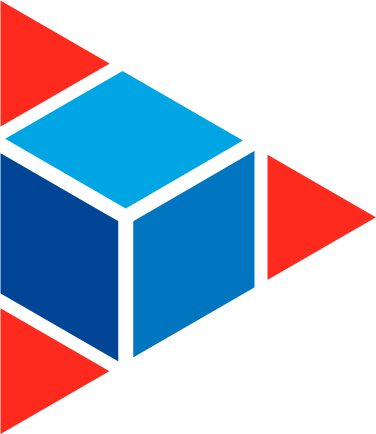News
Cuba has four high-tech companies

Cuba today has four high-tech enterprises, informed CITMA’s First Deputy Minister, M.Sc. José Fidel Santana Núñez, at the Round Table. Characterized for showing intensive activity in research, development and innovation, as well as high technological standards, the HTE category is granted only for three years and at the end of this time it must be renewed.
At the beginning of his intervention in the program, M. Sc. José Fidel Santana Núñez, First Deputy Minister of CITMA, recalled that the Cuban Constitution establishes in Article 21 that “the State promotes the advancement of science, technology and innovation as essential elements for economic and social development”.
In turn, it implements forms of organization, financing and management of scientific activity; “it fosters the systematic and accelerated introduction of its results in productive processes and services, through the corresponding institutional and regulatory framework”.
He also stressed that science is a cardinal point of the National Development Program 2030.
In this sense, he explained that TSEs are those organizations that are characterized by showing intensive activity in research, development and innovation, as well as high technological standards.
“They close the cycle of research, development, innovation, production and commercialization of products and services with high added value, with emphasis on the foreign market; and constitute a way of connecting and aligning knowledge with production, both through the results of their own scientific and technological research, as well as the assimilation and use of knowledge from external sources.”
Santana Núñez expressed that the Commander in Chief was one of the creators, perhaps without intending it, of one of the country’s High Technology companies. He went on to detail the fundamental principles of these entities.
They operate the complete innovation cycle, from research to the commercialization of high value-added products and services.
They close their economic cycle in the domestic market and abroad, with emphasis on the latter, from their own exports or integrated into a production chain.
Base their operations on innovative products or technologies, with a high component of intangible assets, applying intellectual property and high certified quality standards.
They develop business models in pre-commercial stages, which allow them to finance the development and registration of these products abroad.
They allocate an important part of their income to scientific and technological research, innovation and high quality standards.
They have high labor productivity, sustainable over time.
Employ a highly qualified workforce.
They work through alliances and collaborative networks involving third parties, national and foreign, as well as international organizations.
Establish business models with lower costs and higher commercial margins based on a broad reuse of the knowledge created.
They have certified accounting.
However, he clarified that it is not enough just to comply with the aforementioned principles, but that different requirements are established which, if not met, may invalidate the EAT category.








